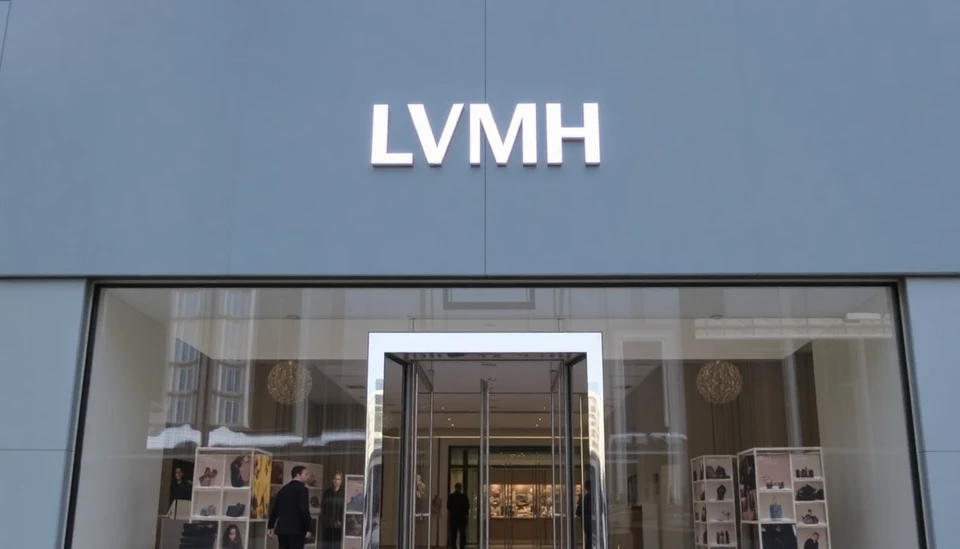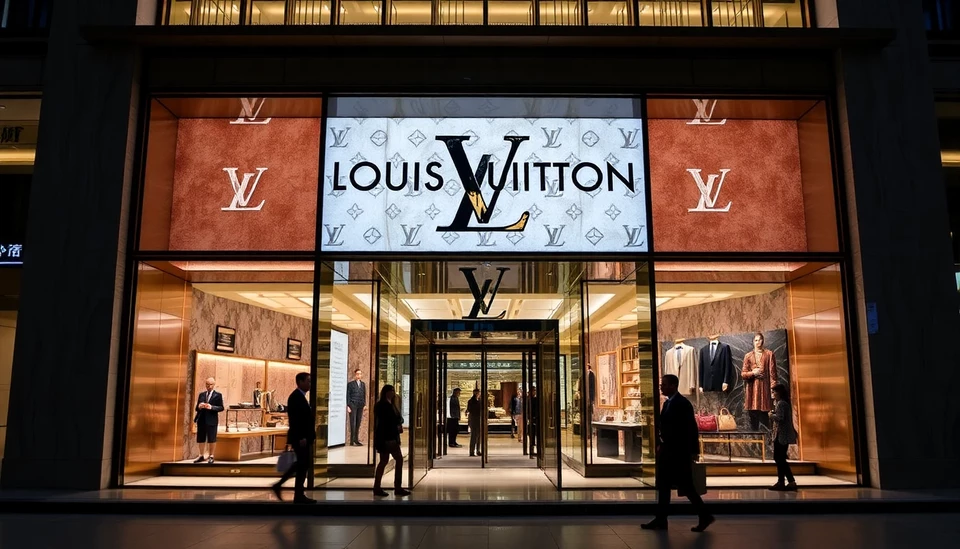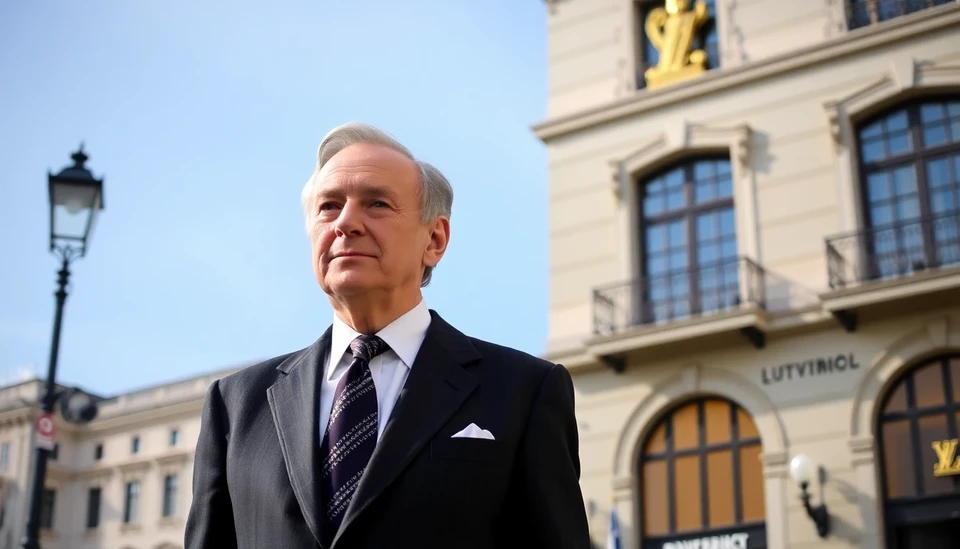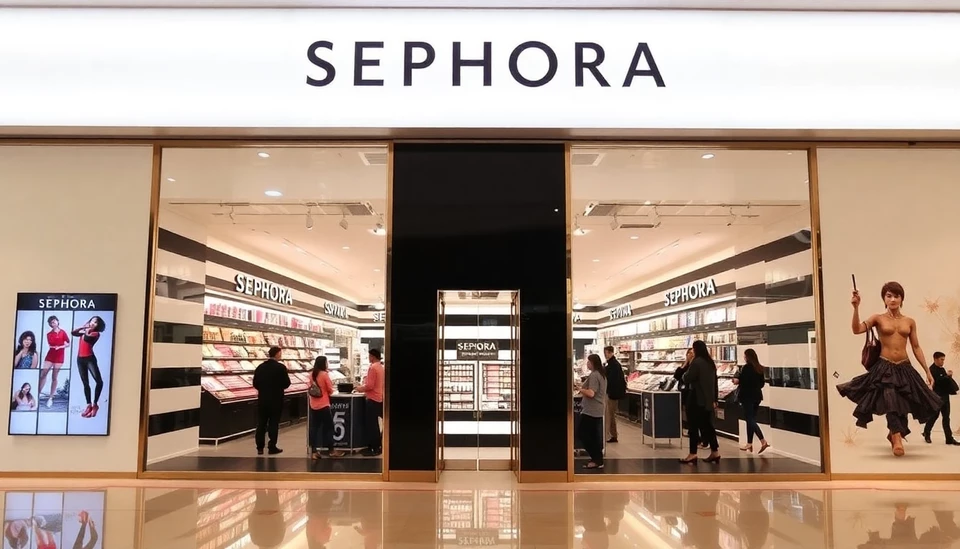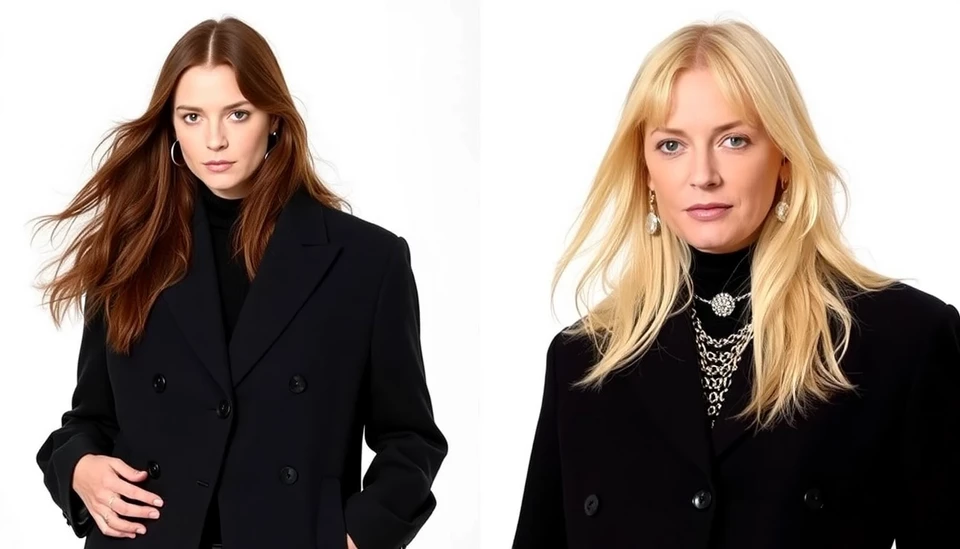
In a significant corporate maneuver, luxury goods conglomerate LVMH Moët Hennessy Louis Vuitton has decided to sell its stake in the fashion label Stella McCartney back to the brand's founder. This decision comes on the heels of a downturn in the luxury fashion market, prompting strategic reassessments within the industry’s major players.
LVMH initially acquired a controlling stake in Stella McCartney in 2001, aligning with the brand’s commitment to sustainable fashion and ethical practices. However, recent reports indicate that market sales have faced considerable challenges, leading LVMH to reevaluate its investment in the brand. As consumer preferences shift, and economic pressures mount, the luxury segment has seen various brands struggle to maintain profit margins.
Stella McCartney has long been recognized for its vegan philosophy and commitment to sustainability — values that resonate with a growing demographic of environmentally conscious consumers. Despite the brand’s strong identity, which has garnered a loyal customer base, it has faced difficulties in scaling its operations and translating its niche sustainability proposition into broader commercial successes.
Following the acquisition, many industry experts viewed the collaboration as a beneficial partnership that could enhance the visibility and market reach of the Stella McCartney label. Nonetheless, the challenges in maintaining consistent sales growth led LVMH to believe that divesting is a prudent move to better allocate its resources and focus on its more lucrative brands. The sale back to McCartney may enable her to regain full control and potentially reposition the label for recovery and growth.
As service and retail sectors begin to rebound from the pandemic's impact, brands across the spectrum are navigating a landscape of rapidly changing consumer behavior and the economic climate. With LVMH now focusing on its core luxury offerings, it seems that the brand may seek new avenues for growth, drawing on Stella McCartney's founder's vision to harness the increasing demand for sustainable and responsible fashion.
This pivot in ownership emphasizes the ongoing dialogue around sustainability within the luxury fashion industry. Among consumers, there’s a burgeoning appreciation for brands that demonstrate integrity and responsibility in their production processes, leading many to question traditional business models. McCartney’s return to total ownership could herald a new chapter for the brand as it recalibrates its strategies to resonate with today's discerning consumers.
Industry analysts hope that this transition may lead to innovative approaches within Stella McCartney, potentially fortifying its position in a competitive market. Adapting to new consumer trends while staying true to its sustainable ethos could unlock substantial opportunities for revival and growth.
Ultimately, this sale demonstrates a significant shift within LVMH's investment strategy as it continues to navigate the complexities of the luxury market. The coming months will be crucial for both LVMH and Stella McCartney as they react to an ever-evolving retail landscape.
In conclusion, while LVMH's decision to divest may come as a surprise to some, it is indicative of a broader trend within the luxury sector as businesses strive to align themselves with modern consumer values—especially those focused on sustainability.
#LVMH #StellaMcCartney #LuxuryFashion #Sustainability #FashionIndustry #CorporateStrategy
Author: John Harris
